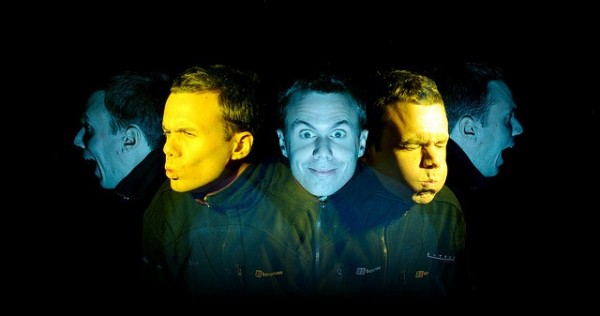Humans can Express 21 Different Emotions Including conflicting ones like ‘Happily Disgusted’: Study

Twenty one different facial expressions including complicated and conflicting emotions like 'happily disgusted or sadly angry' can be tracked using computer models, according to a study.
Researchers from the Ohio State University used cognitive analysis to find the varied combinations of facial expressions that have not been recorded in earlier studies.
Aleix Martinez, study author, cognitive scientist and associate professor of electrical and computer engineering at Ohio State University said in a news release, "We've gone beyond facial expressions for simple emotions like 'happy' or 'sad.' We found a strong consistency in how people move their facial muscles to express 21 categories of emotions. That is simply stunning. That tells us that these 21 emotions are expressed in the same way by nearly everyone, at least in our culture."
For the study, experts photographed facial expressions of nearly 230 participants- 130 were females and 100 were males who reacted to verbal cues like "you just got some great unexpected news" ("happily surprised"), or "you smell a bad odor" ("disgusted"). Almost 5,000 pictures of participants were used as a reference to look at obvious signs in facial muscles like outer edge of the brow and corners of the mouth. They applied Ekman's Facial Action Coding system or FACS to analyze body language and map brain variations for different expression and emotions.
Researchers discovered 21 different emotions including six basic expressions like happy, sad, fearful, angry, surprised and disgusted. They also noted a combination of these expression or 'compound emotions' like happily surprised or sadly angry.
It was observed that the participants' faces drew up a smile and raised cheeks whenever they seemed happy and widely opened their eyes when surprised. When the subjects displayed combination emotions like 'happily surprised', the computer model could detect mixture of these expressions on the faces.
The reports suggest, "happily disgusted," for instance, creates an expression that combines the scrunched-up eyes and nose of "disgusted" with the smile of "happy."
The authors believe the study helps determine genes and chemical combinations in the brain that are responsible for triggering emotions. This may aid in understanding emotional imbalances and treating mental health disorders like autism, post traumatic stress disorders and severe unresponsiveness to emotions and feelings.
"For example, if in PTSD people are more attuned to anger and fear, can we speculate that they will be tuned to all the compound emotions that involve anger or fear, and perhaps be super-tuned to something like 'angrily fearful'? What are the pathways, the chemicals in the brain that activate those emotions? We can make more hypotheses now, and test them," he said. "Then eventually we can begin to understand these disorders much better, and develop therapies or medicine to alleviate them."
More information is available in the journal Proceedings of the National Academy of Sciences.
Apr 02, 2014 08:56 AM EDT





